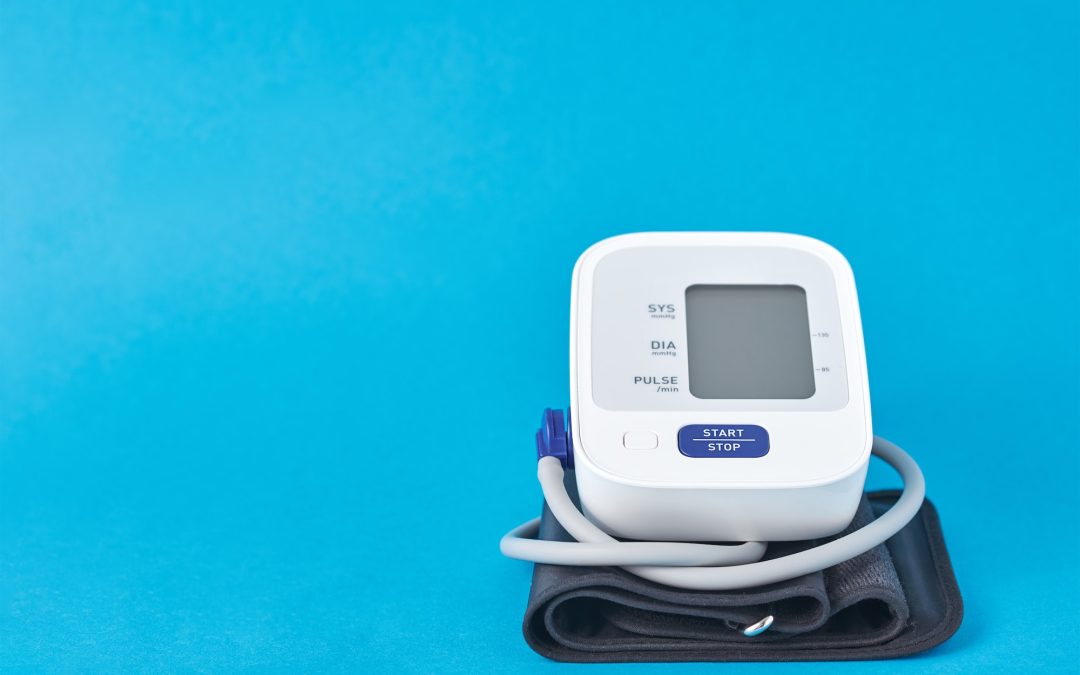High blood pressure (or hypertension) is a significant risk factor for heart disease, but what is essential hypertension? Find out how it can affect you.
Also known as primary hypertension, essential hypertension is when you have high blood pressure that doesn’t have a known secondary cause. In fact, most hypertension cases fall under the “essential hypertension” category.
In contrast, secondary hypertension is when your high blood pressure is a result of an identifiable cause like kidney disease. To learn more about essential hypertension and how it affects you, keep reading.
Risk Factors, Symptoms, and More
 Your family’s health history may play a role in developing essential hypertension along with other risk factors. These risk factors include diet, stress, a lack of physical activity, and being overweight or obese.
Your family’s health history may play a role in developing essential hypertension along with other risk factors. These risk factors include diet, stress, a lack of physical activity, and being overweight or obese.
Typically, essential hypertension doesn’t present any symptoms, and the only way to know if you have it is by measuring your blood pressure, usually during a medical checkup. While it most often develops during middle age, essential hypertension can occur at any age.
The best way to screen for this condition is to measure your blood pressure, which will have a top number (systolic pressure) and a bottom number (diastolic pressure). To receive a diagnosis of hypertension, you’ll need to have at least two or three different readings showing that your blood pressure is high.
The following are the different categories of blood pressure levels, divided into systolic (SBP) and diastolic (DBP) blood pressure:
- Normal: less than 120/80 millimeters of mercury (mm Hg)
- Elevated: 120-129/less than 80 mm Hg
- Stage 1 Hypertension: 130-139 SBP or 80-89 DBP mm Hg
- Stage 2 Hypertension: higher than 140 SBP or higher than 90 DBP mm Hg
Treating Essential Hypertension
While there is no cure for essential hypertension, there are treatments that include lifestyle changes and medications. For instance, your doctor may recommend that you exercise at least 30 minutes per day, lose weight, quit smoking, limit your alcohol intake, reduce your stress, and eat a low-sodium, heart-healthy diet.
 When lifestyle changes are not enough, your doctor may prescribe medications such as beta-blockers, calcium channel blockers, diuretics, ACE inhibitors, ARBs, or renin inhibitors. If you have high blood pressure, talk to your doctor about the best treatment options for your needs.
When lifestyle changes are not enough, your doctor may prescribe medications such as beta-blockers, calcium channel blockers, diuretics, ACE inhibitors, ARBs, or renin inhibitors. If you have high blood pressure, talk to your doctor about the best treatment options for your needs.
In addition, you can take supplements like L-arginine Plus to give your heart health an extra boost. It contains l-arginine, l-citrulline, Astragin, and various key vitamins and minerals that work to increase nitric oxide production. Nitric oxide is a natural vasodilator that relaxes the muscles of your blood vessel walls, widening them and increasing your blood flow.
As a result, your blood pressure levels decrease and your heart health receives a much-needed boost. If you’re ready to support your heart, then follow the necessary steps to prevent and treat essential hypertension and take L-arginine Plus.

